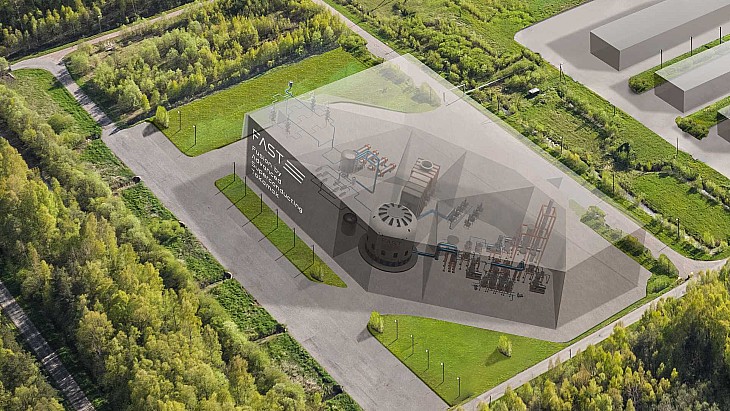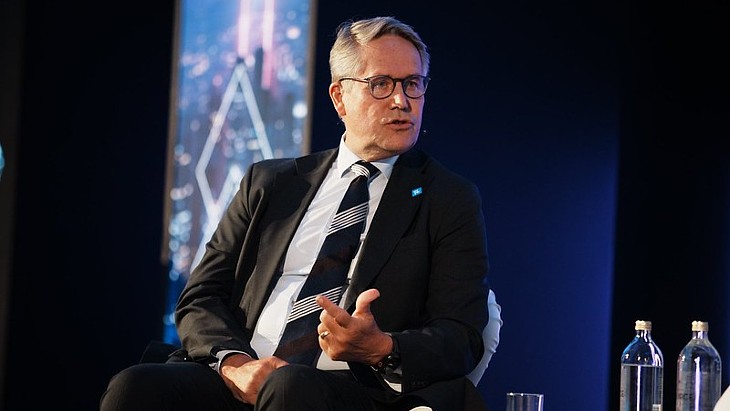The Paks plant, which is 100 km south of Budapest, currently comprises four Russian-supplied VVER-440 pressurised water reactors, which started up between 1982 and 1987. Russia and Hungary signed an inter-governmental agreement in early 2014 for Russian enterprises and their international sub-contractors to supply two VVER-1200 reactors at Paks, including a Russian state loan of up to EUR10.0 billion (USD11.2 billion) to finance 80% of the project, which is known as Paks II.
Putin said: “There are good opportunities for Russian-Hungarian cooperation in the nuclear power industry. Rosatom will soon start building two new units at the Paks nuclear power plant.”
Orbán added that Paks II is a “flagship of cooperation between East and West”, and “must be carried out to the end”. He said: “We will do it. This will be our common success and will not only benefit Hungarian-Russian relations but will also modernise the energy infrastructure of the European Union. This is why there is so much interest, and this is why there are so many opponents and so many supporters.”
Putin said: “This is really a natural choice because part of this power plant was built with Russian technology and it is operational. Specialists understand it, and for them it is natural to continue cooperating with us. I would like to note that this is not the only example of cooperation with an EU country in nuclear energy. We are carrying out a similar project with Finland. Therefore, we continue to cooperate with the EU although competition there is high.”
Orbán noted that the Paks plant generates 40% of Hungary’s electricity.
“This is a serious figure,” he said. “Building additional capacity will double the electricity output and meet the requirements of the Hungarian economy for years to come.”
Investment in Paks II is going well, he said, adding, “We made the necessary adjustments when we had to.”
Asked whether Paks II would meet its 2020 completion target, Orbán said: “There has been a lot of talk about the Paks investment project, and this is understandable, although for us, Hungarians, it is mostly important insofar as even now, Paks produces 35 to 40% percent of our electricity. Our long-term plans rely on nuclear energy, which should cover our country’s needs in the long run, along with solar energy. However, the recent interest in it is warranted by something else - by the fact that we are building it with Russia.”
He added: “When we signed this agreement, Hungary had been a member of the European Union for many years. And we were talking about a project we were going to start from scratch, a project that an EU member - Hungary - intended to develop with Russia.
“Nobody has done this before. Older projects like the first Paks units were built much earlier, and they are still operational. But starting a whole new project when we are NATO members and Russia is not, when we are EU members and Russia is not, is different. However, we have good technological cooperation because we developed the first units together, and we say that we can do this with Russia.”
Paks II was therefore a “bold decision”, he said, “not only from the energy perspective, but also in terms of cooperation between East and West”.
“The project certainly raises a variety of technical issues - licenses, permits, regulations, and EU bureaucratic practices, that is, there are a variety of difficulties. There will be more. We will try to keep to the schedule, but this is secondary,” he said.

.jpg)



_82983.jpg)
_34792.jpg)
_16403_79272.jpg)


_76087_55556.jpg)



